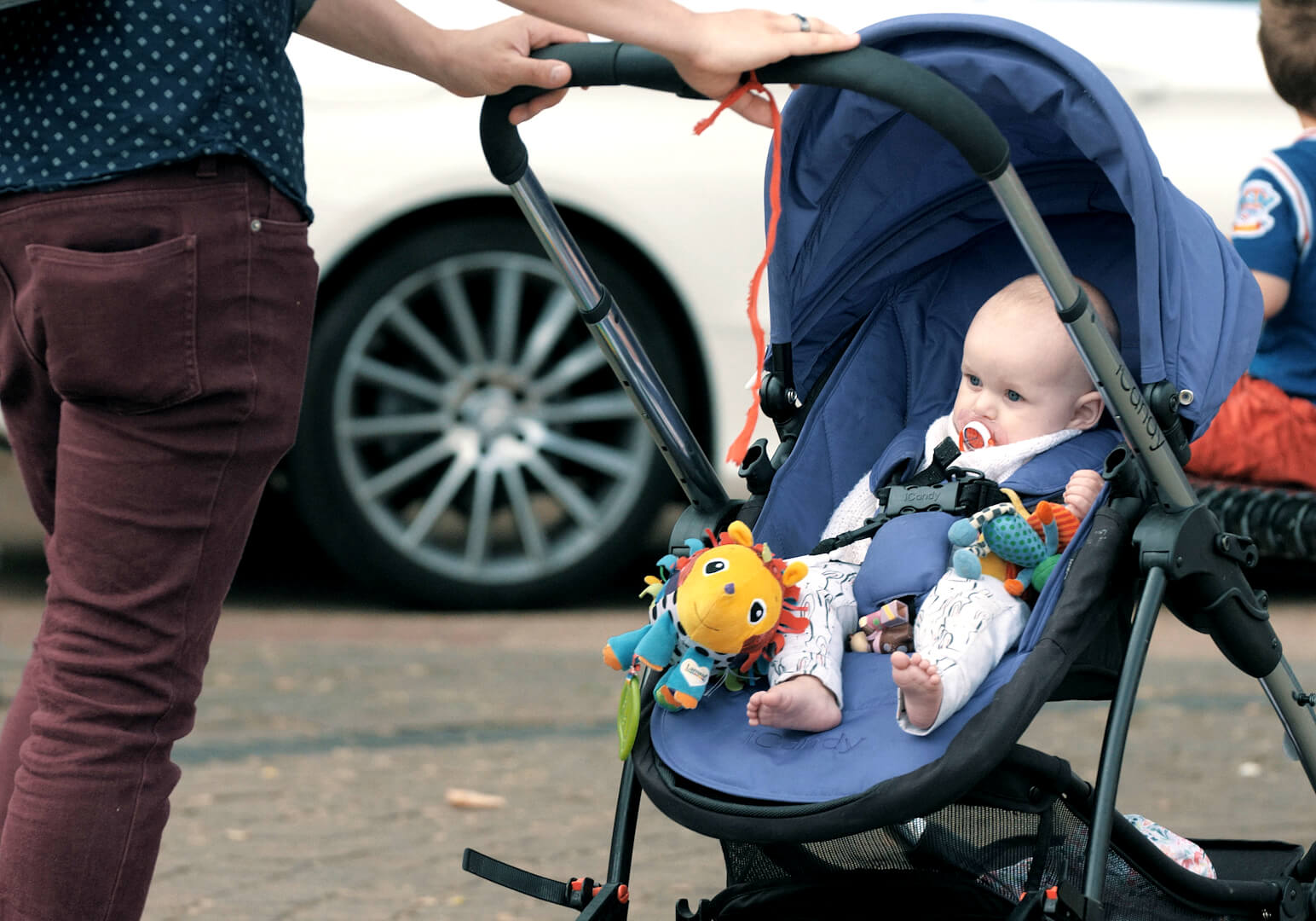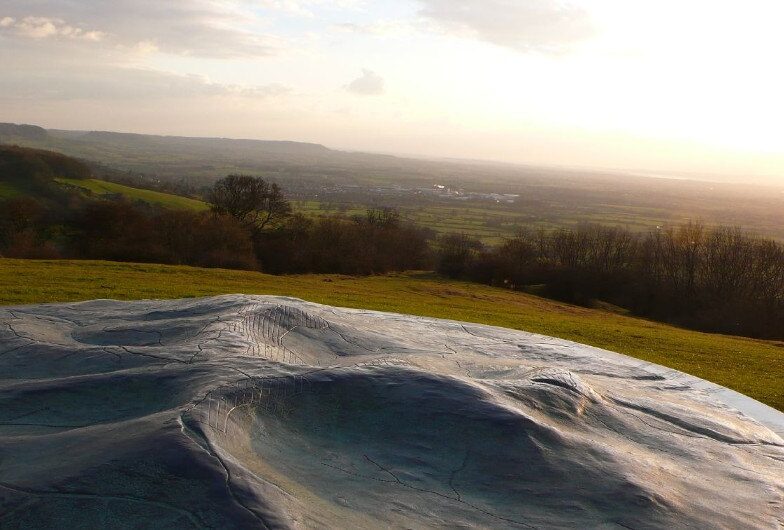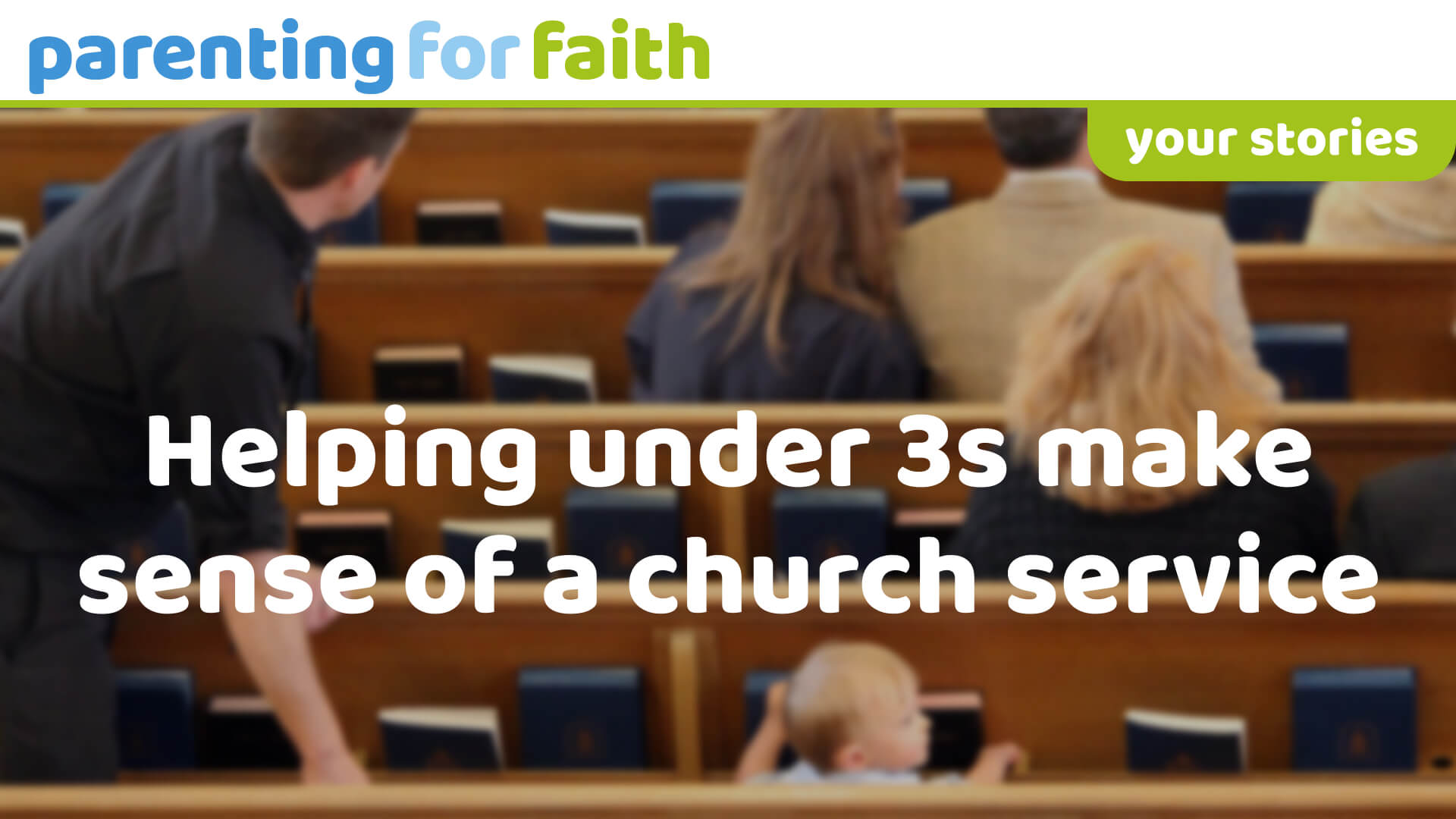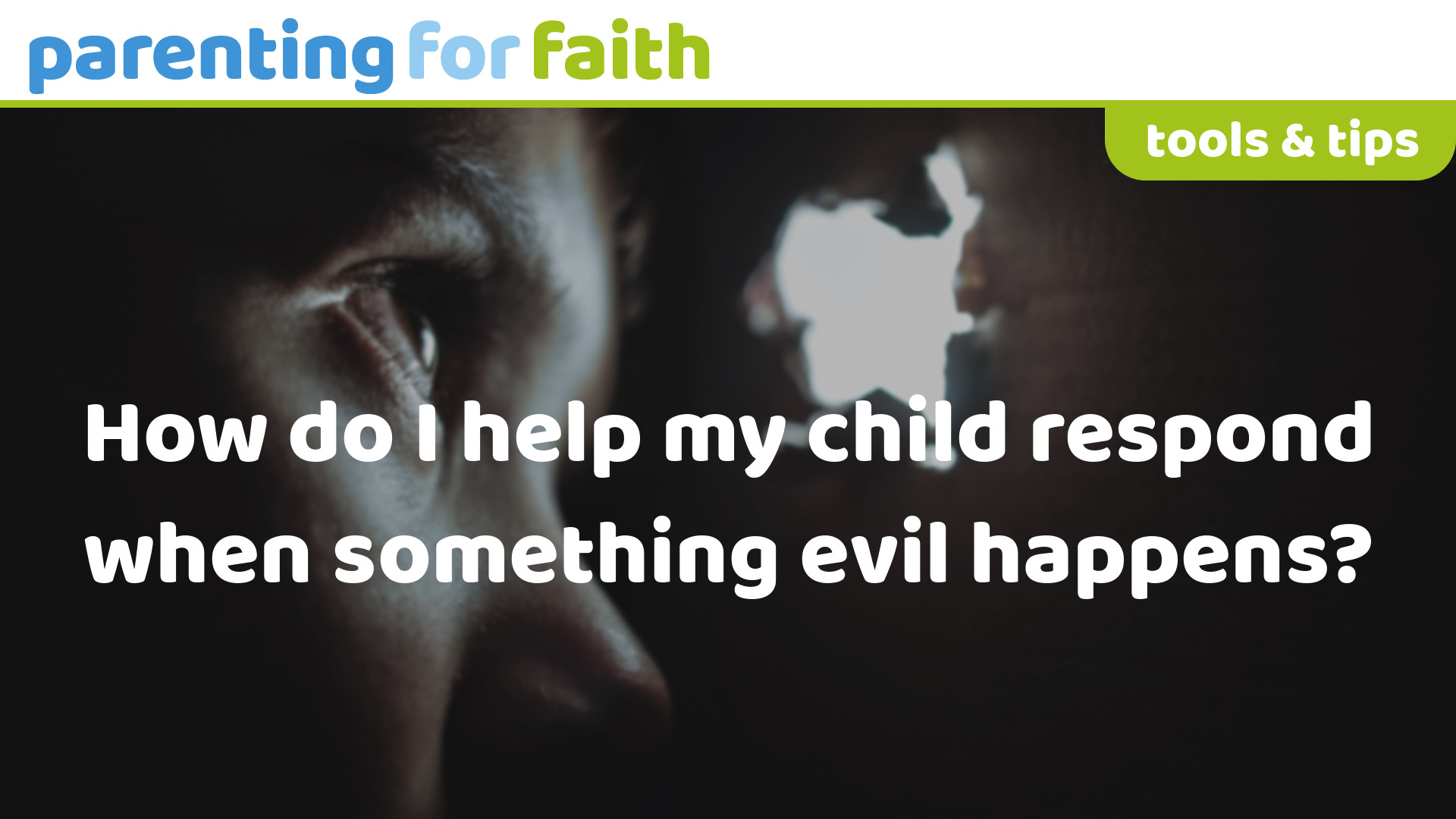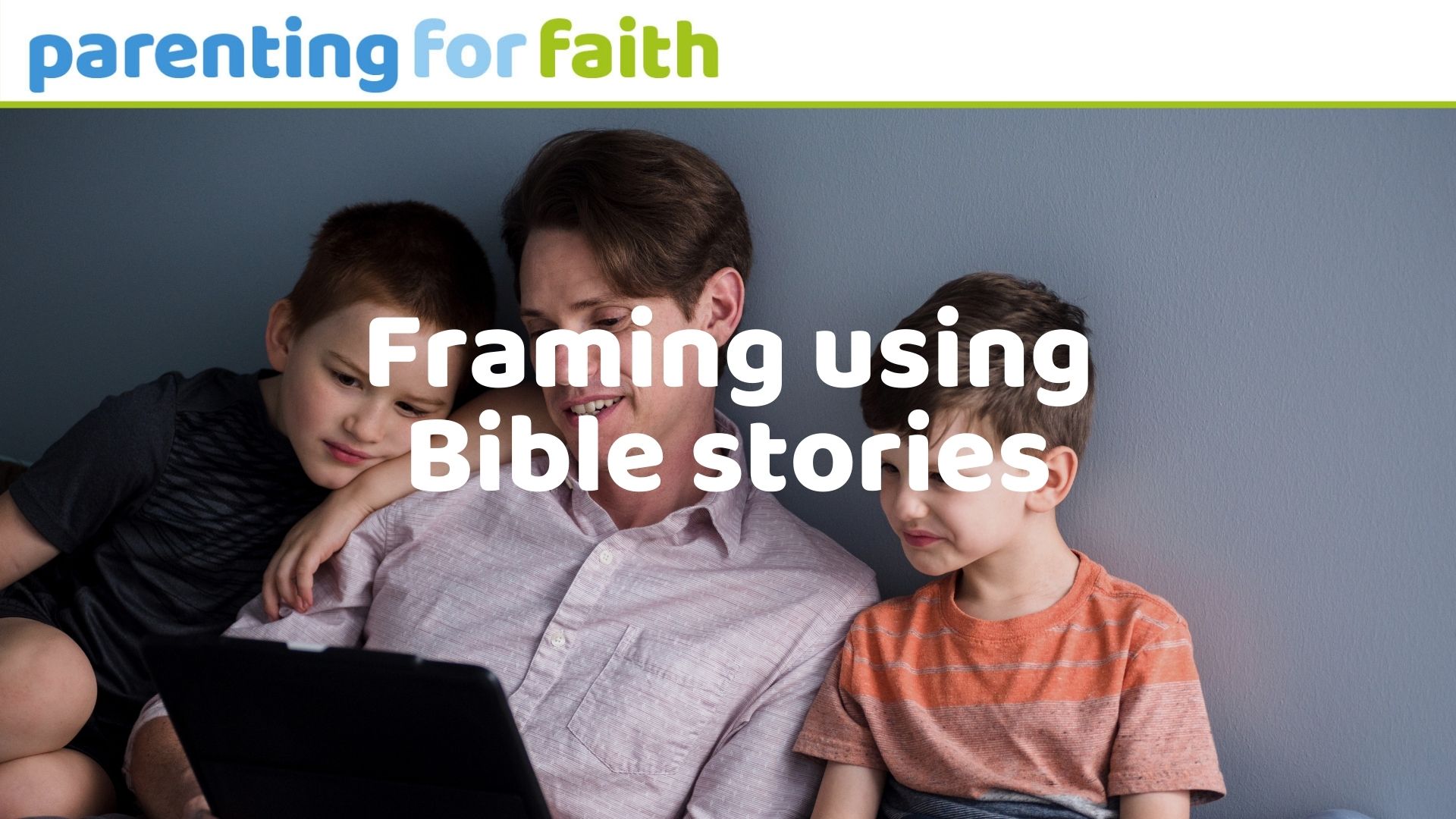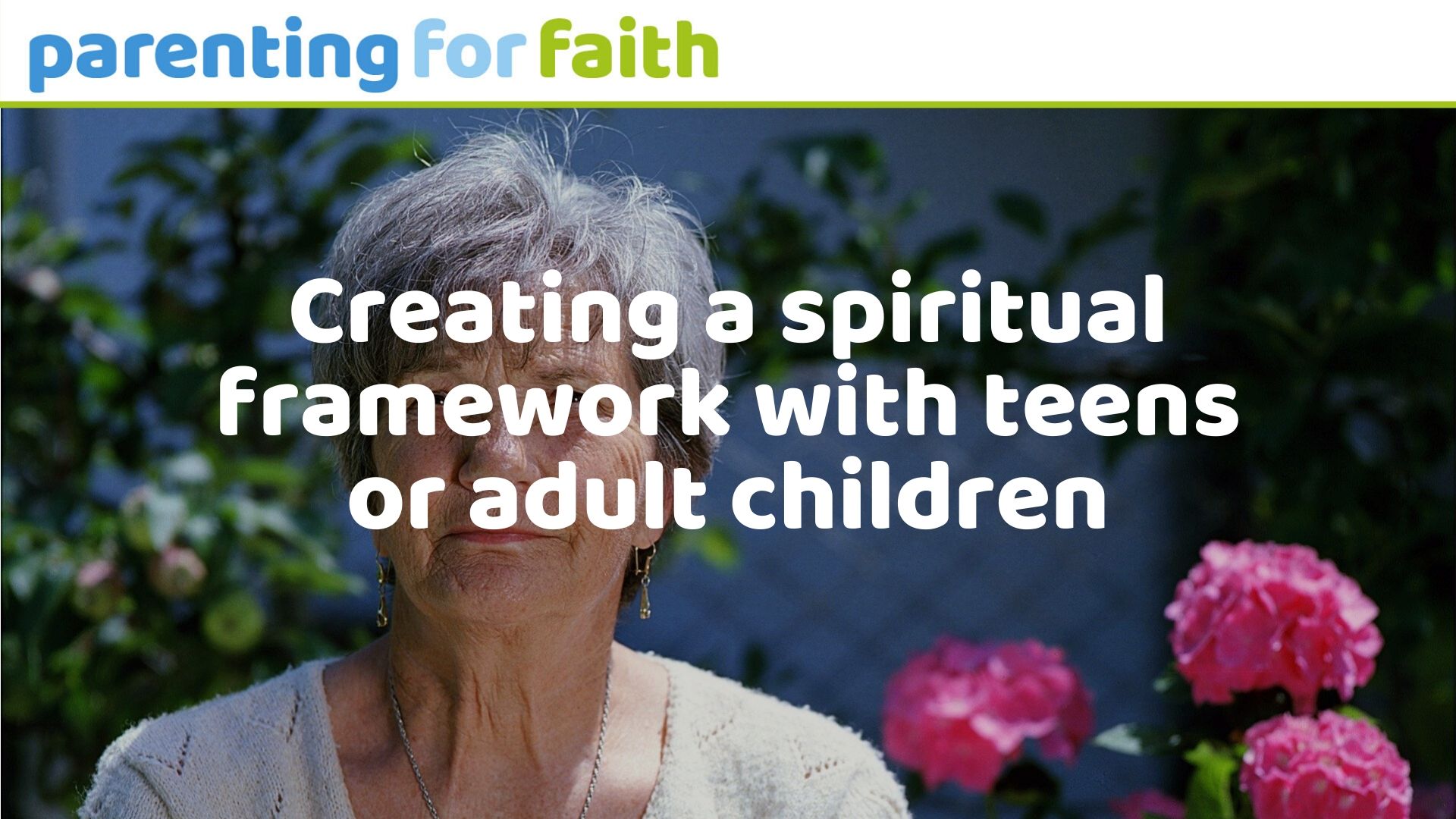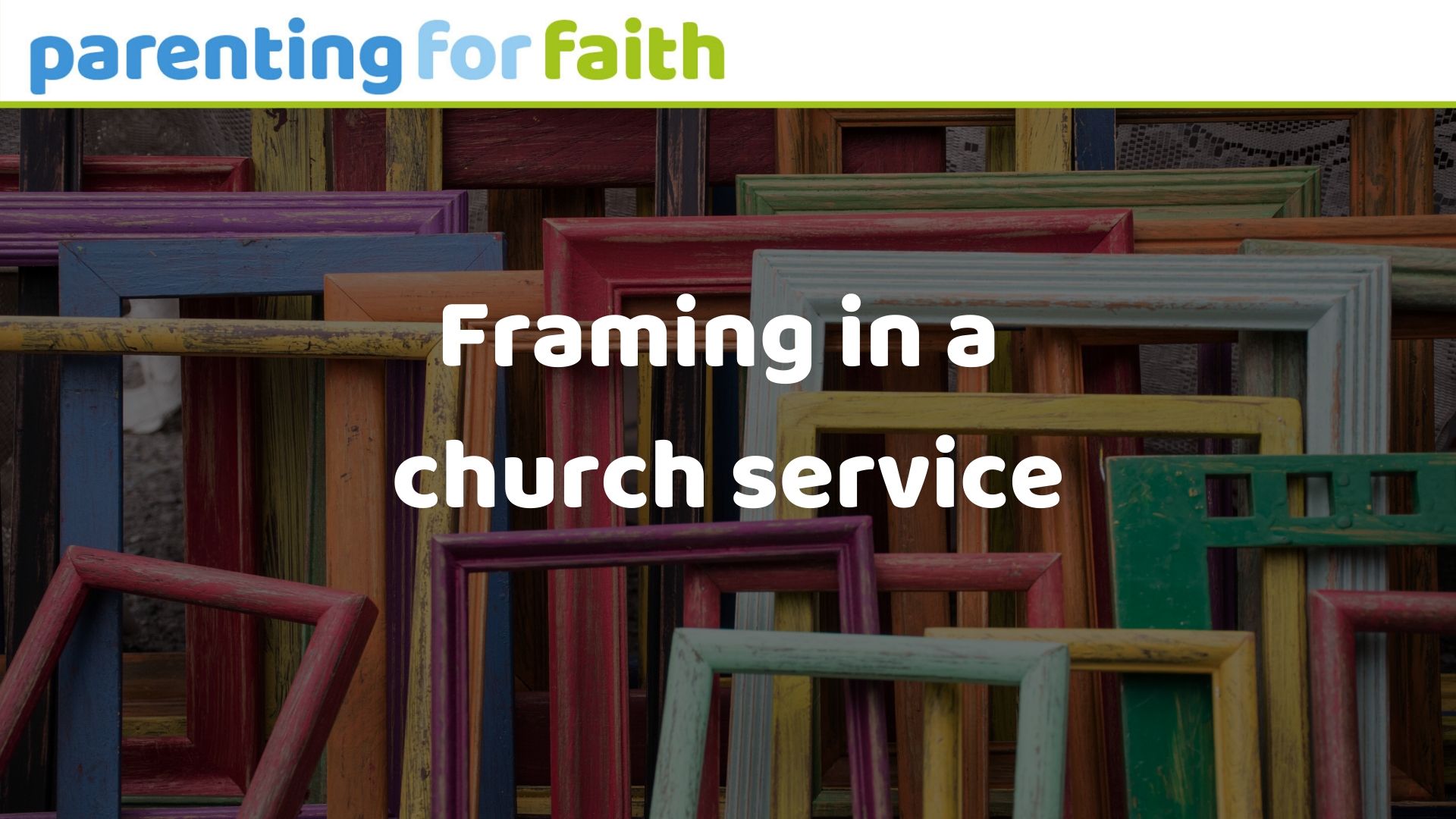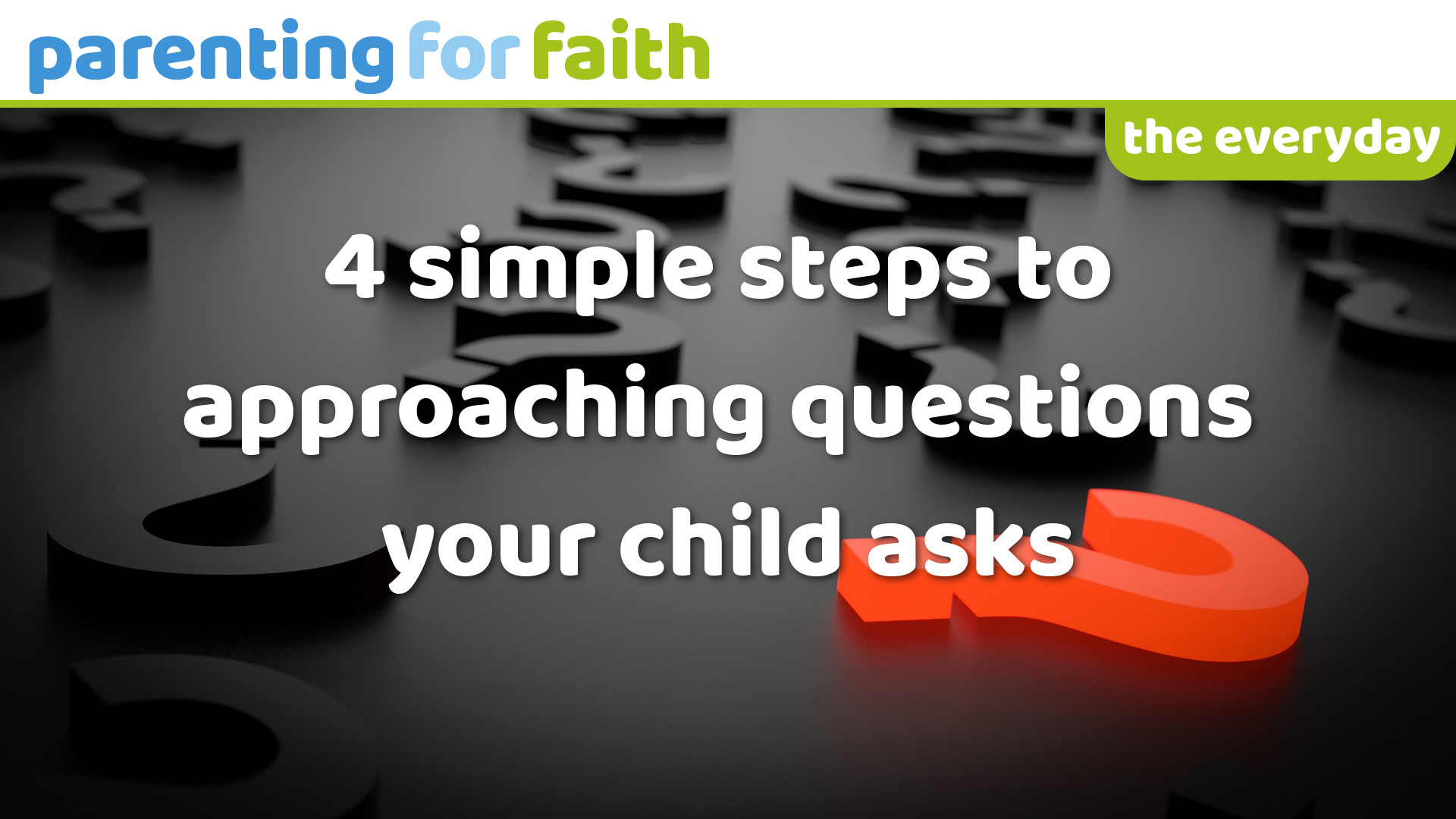Sometimes children know a lot about God, but don’t necessarily see what he has to do with everyday life. One of our jobs is to give them a spiritual framework for life – to help them learn to see the world with God’s eyes. Framing helps your child see how God works in all of life, tackling tough questions and preparing them for things to come.
Framing applies in the little things and the really big things, like disaster and death, providing simple steps to see God working in the world.
You can also learn more about Framing in Session 2 of the Parenting for Faith course.
Things to try
Explain everything!
Sometimes we can assume children understand most of what is happening around them, but we may never have explained it to them ourselves. For example, it can be easy to do things as a family without explaining the place God plays in that. In the little things – ‘I’m sorry your finger is sore, let’s ask God to make it better because we know he has the power to do that’ – and the big things – ‘It’s wonderful that God gave mum her new job, and a new house for us to move into. We’ve been asking him to show us what he had next for our family and this is his answer.’
Debrief after difficult things
After a challenging event, it can be really valuable to ‘debrief’ with children. For example, ‘You know things at work have been difficult recently? I can tell you about it now. My boss wanted me to lie about something. I refused, because I know that God never wants us to lie – so even though he was angry, and I hated going into work for a while, I knew it would be okay because God was right there with me.’
Explore stories from the Bible together
The Bible is full of framing moments, even in the famous stories. If your child has got into trouble going along with someone’s bad idea, you might want to read about Joseph in Potiphar’s house (Genesis 39). How did he feel? What did he do? Why did he do it? What helped him? Session 2 of the course covers specific tips for reading Bible stories together in this way.
Don’t be afraid to tackle any question
You don’t have to know all the answers! Showing your child that it’s good to frame every question with what we know about God is half the journey. Discovering God at work in every situation is something you can do together, and showing them it’s okay not to know everything right away can help them deal with their own difficult questions.
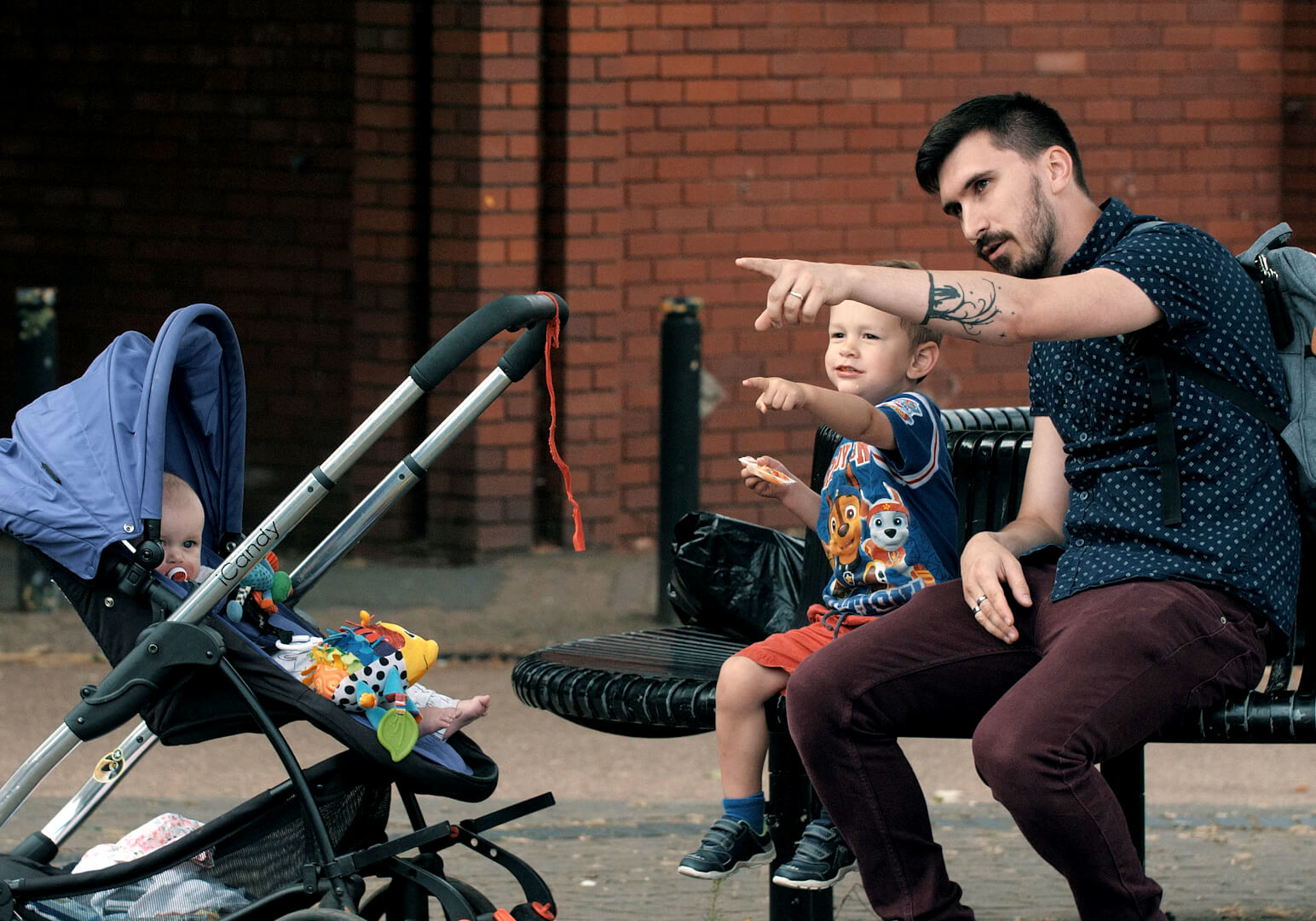
What do I do if…
My child’s too young to understand the world?
Framing is a natural thing that happens almost from the moment a child is born. As you chat about bathtime, telling them you need to add some cold water so they don’t get burned, you start giving them a framework for life. So simply and naturally build God into your explanations – ‘Sleep tight, God’s here with you.’ That way, you are building an awareness of God right from the very beginning of their lives.
My child is older and doesn’t rely on my explanations?
When children are tiny they look to you to explain their whole world, while older children are more independent and look to all sorts of places to help them understand the world. But the principles of framing stay the same – it’s just as easy for us to forget God’s role in our lives when we’re grown up, busy and stressed, after all! Don’t force the conversation. If the opportunity doesn’t arise naturally, consider Creating Windows into your relationship with God, or asking questions and then follow wherever they lead.
It feels a bit forced to shoehorn God into everything?
When you first start thinking about framing it can feel unnatural. We sometimes find ourselves trying too hard to bring God into everything. His design for discipleship is for us to grow through everyday lives, learning together. So as you begin framing things, relax! Take the pressure off and simply start when it feels like a natural part of the conversation. It will soon become second nature!
